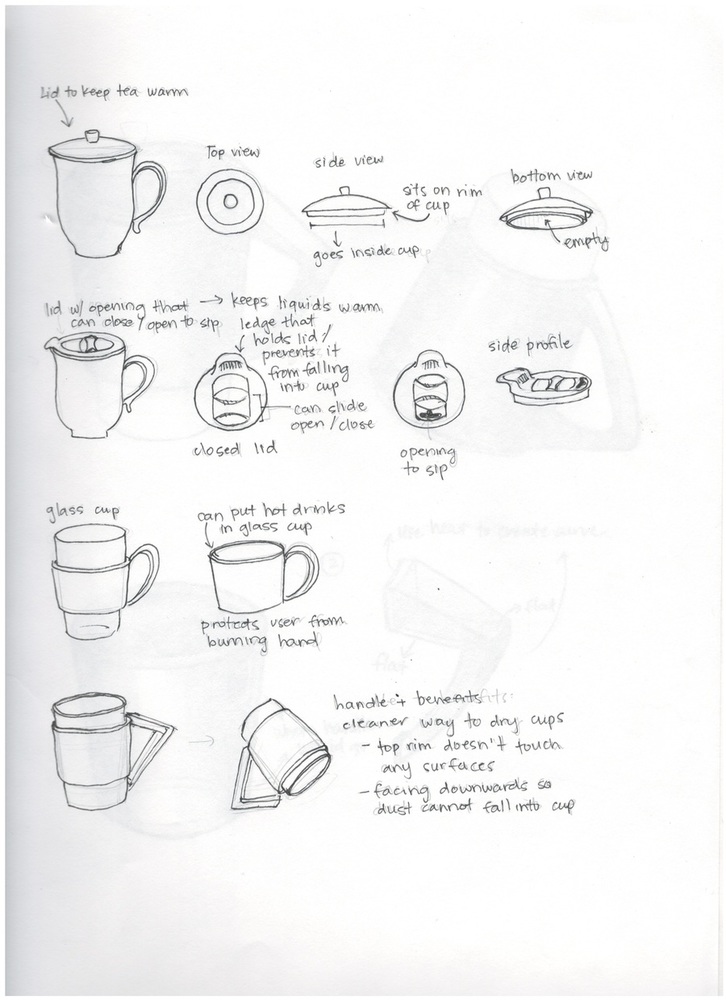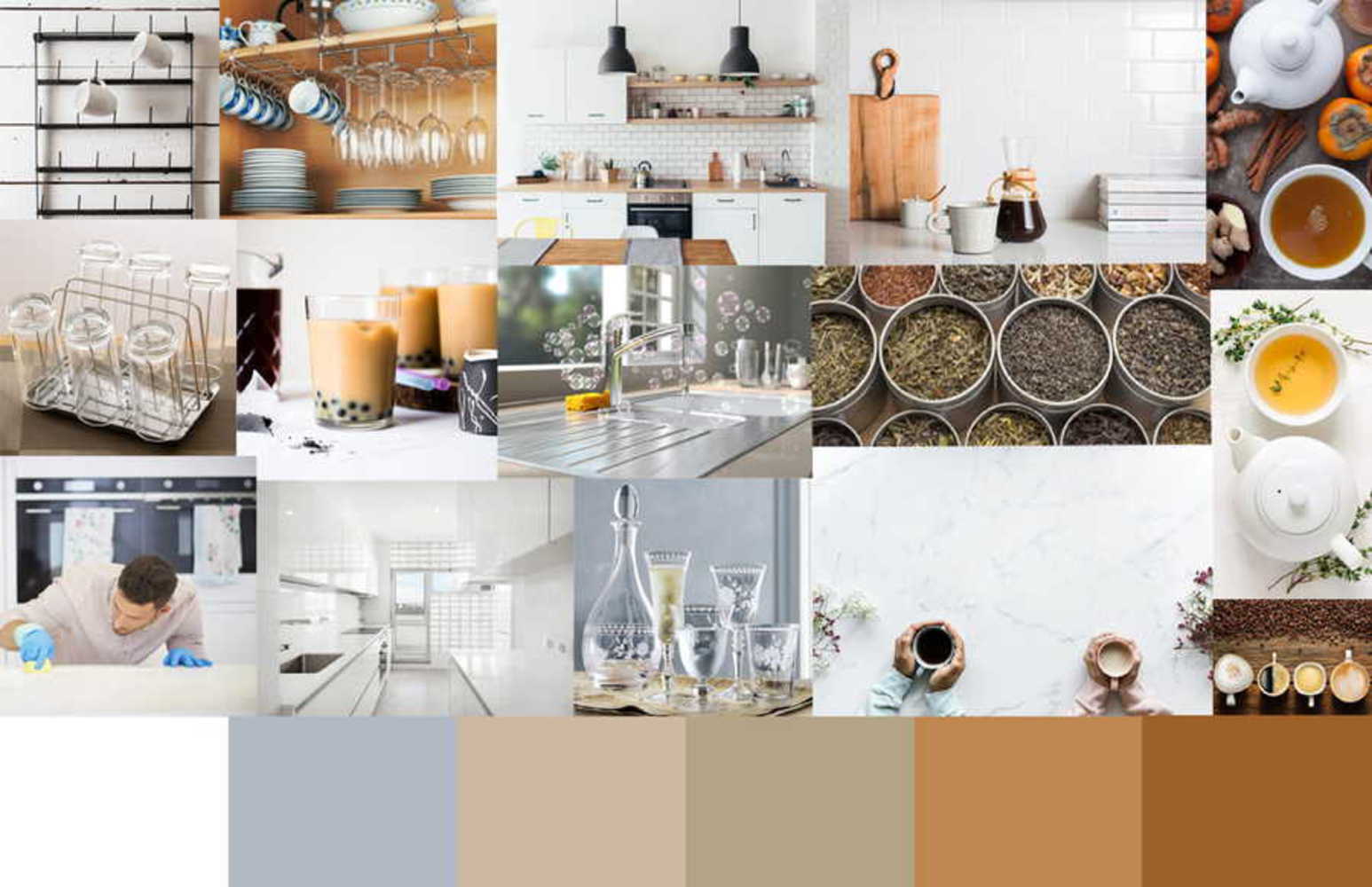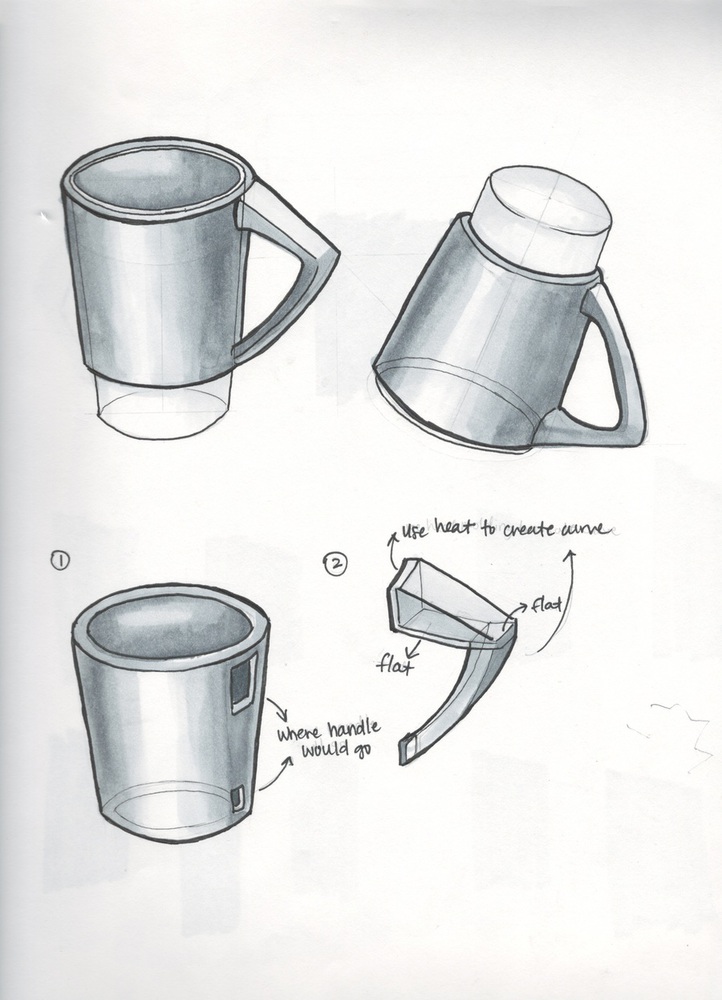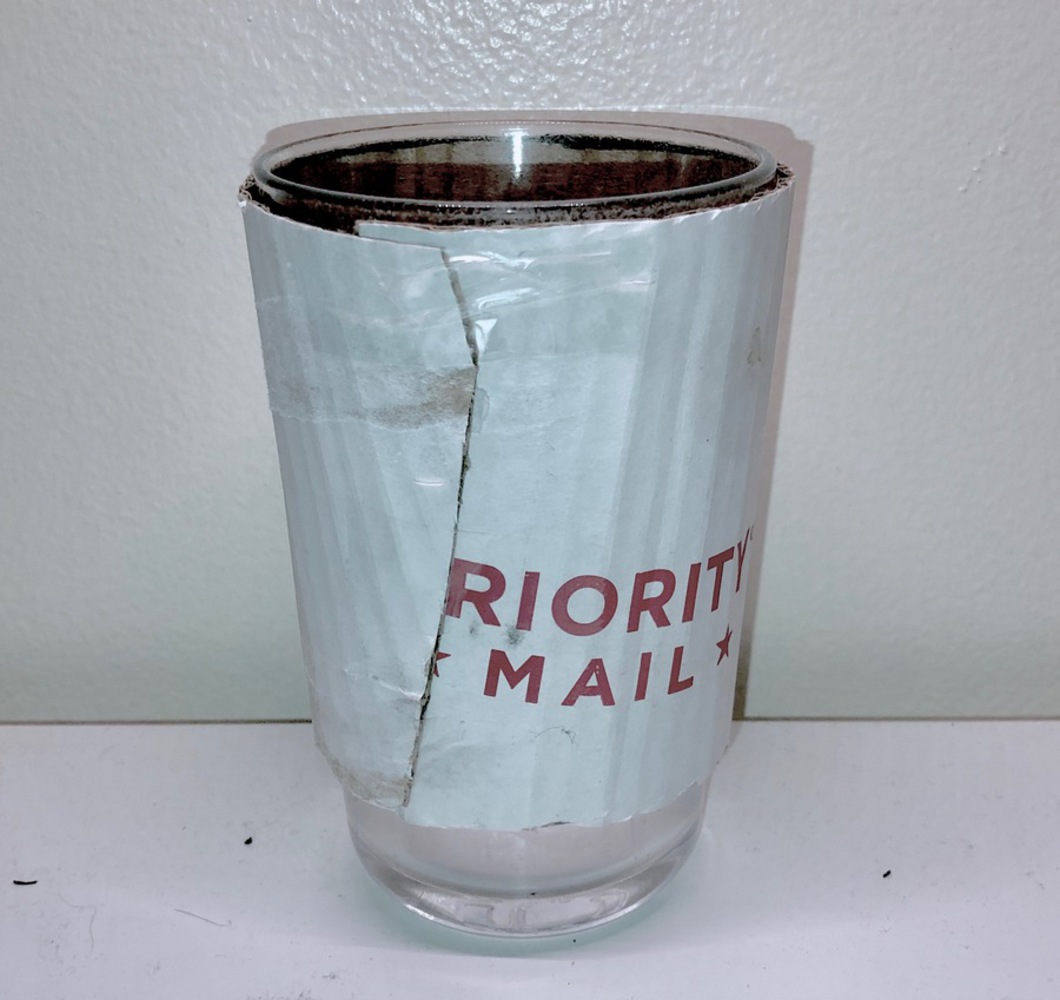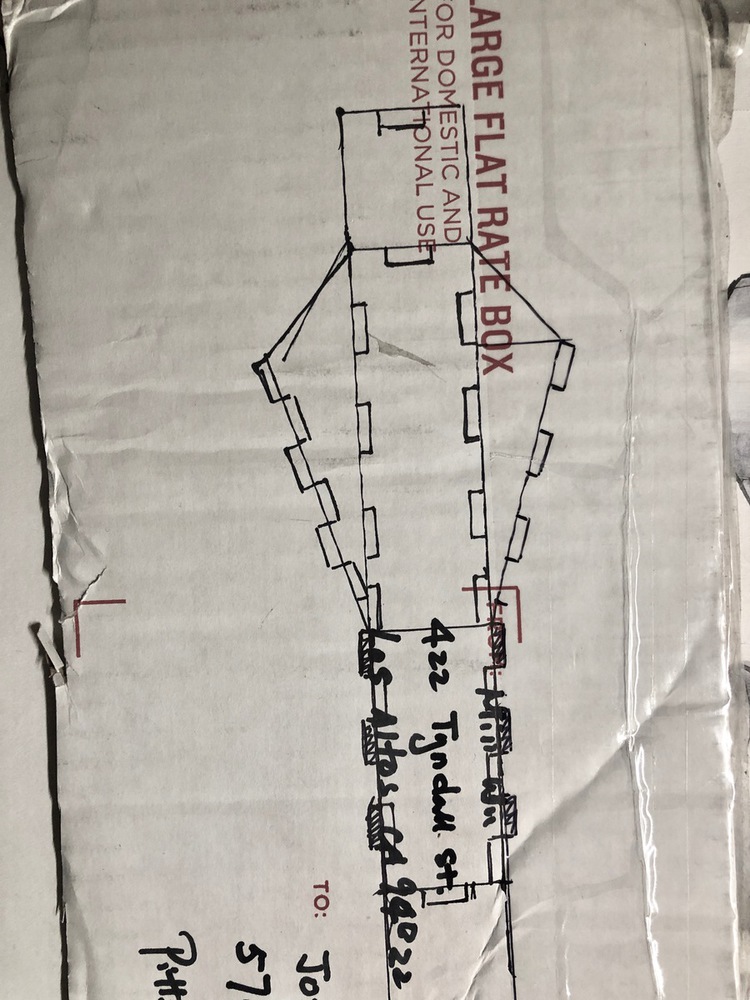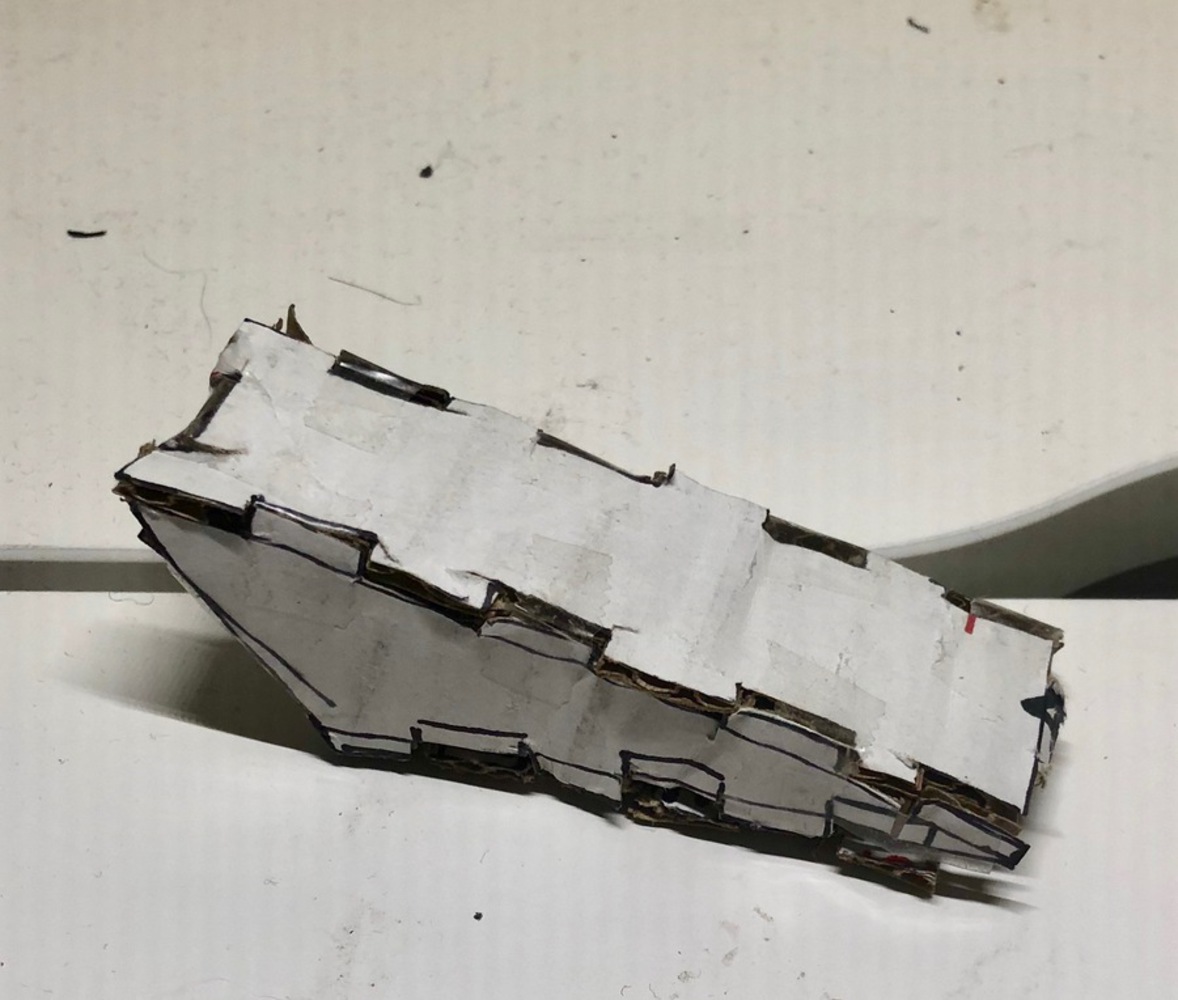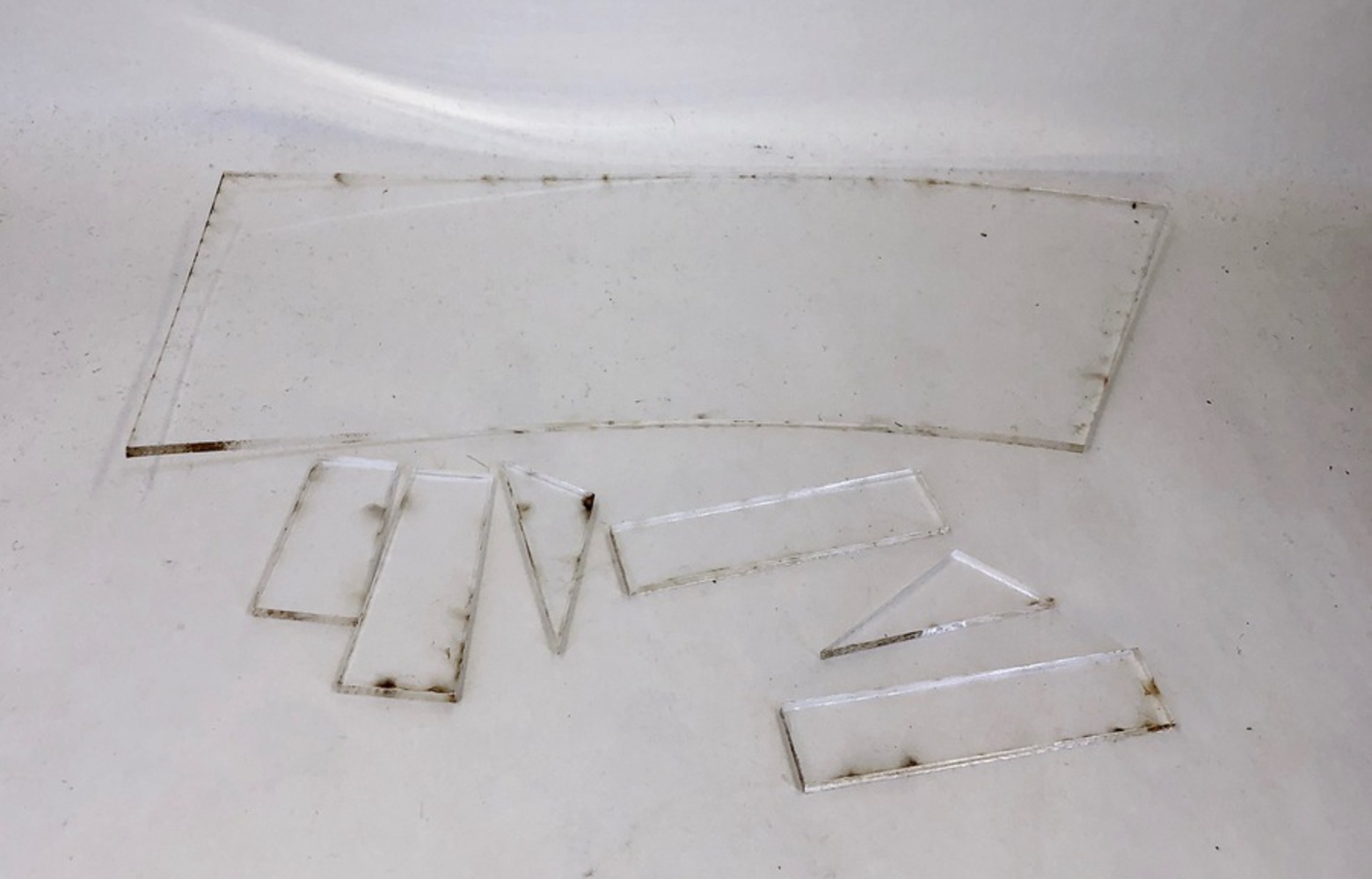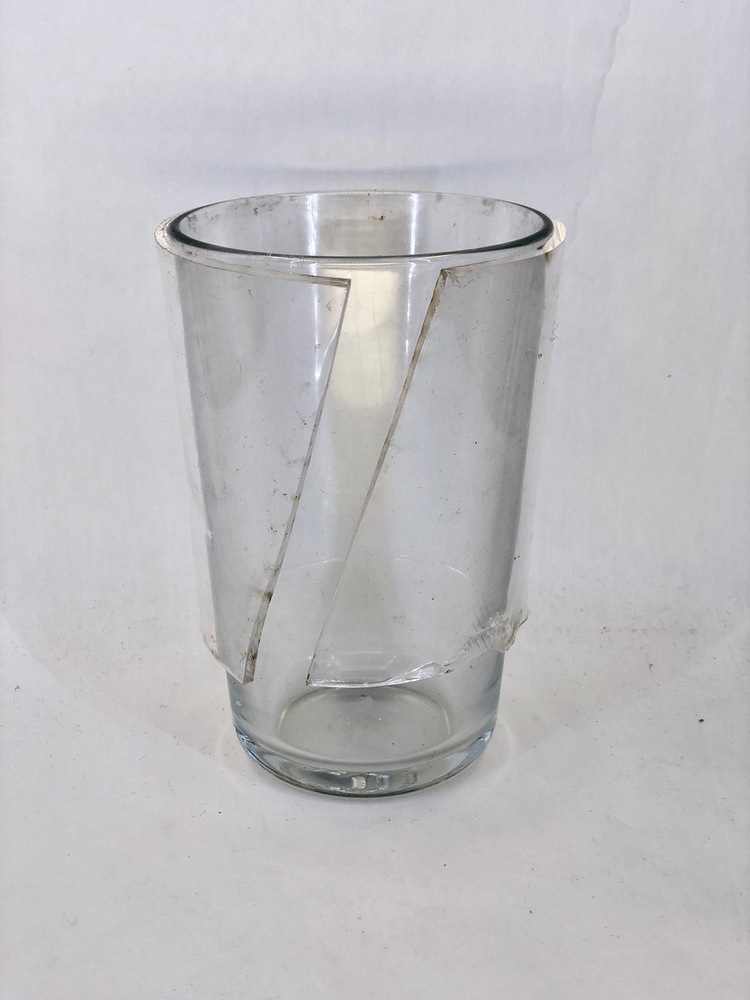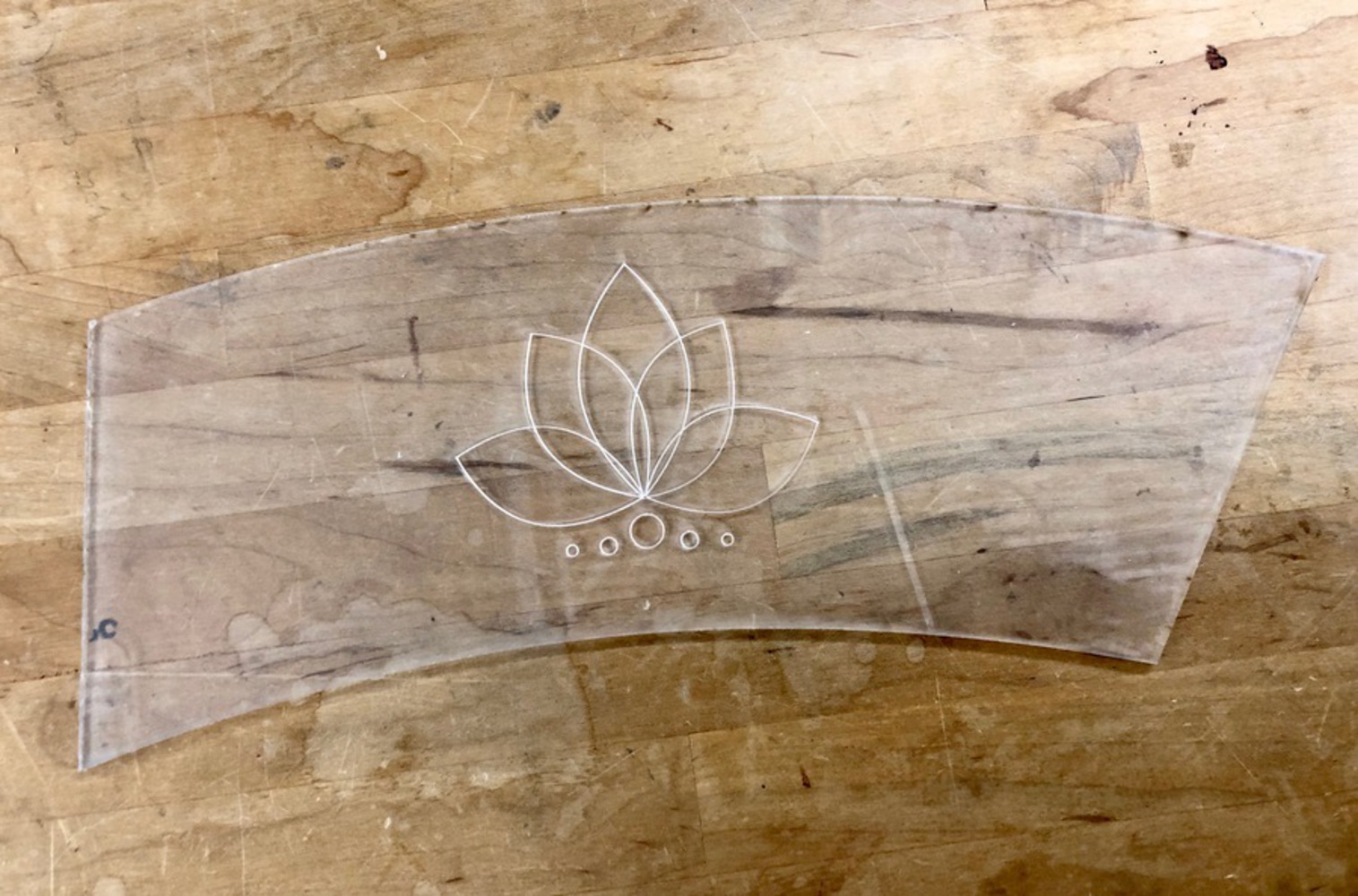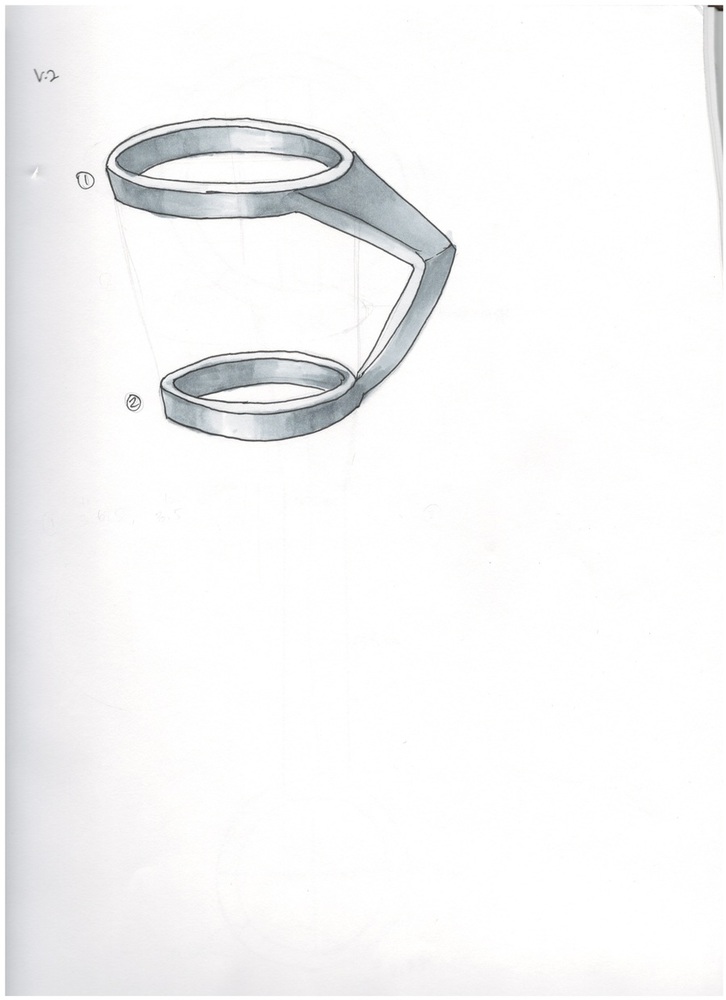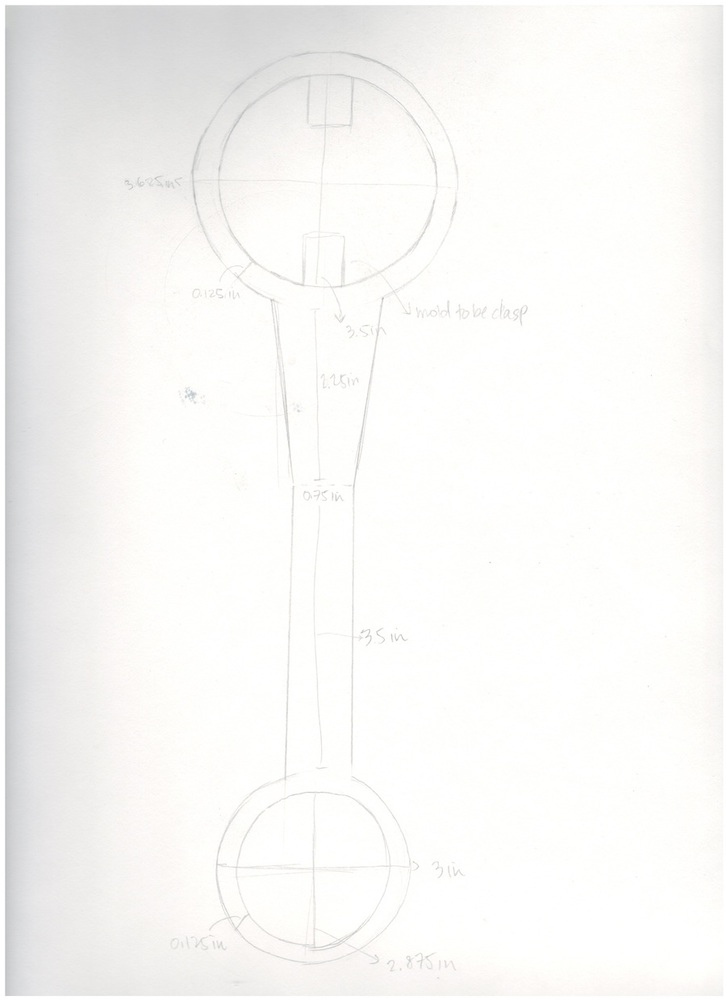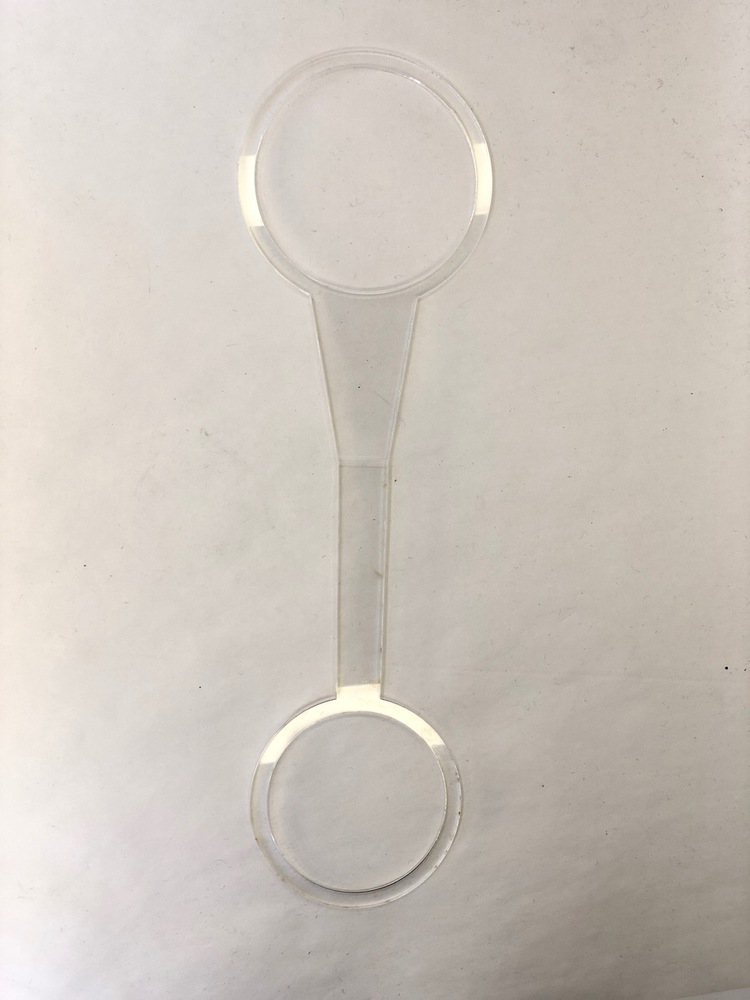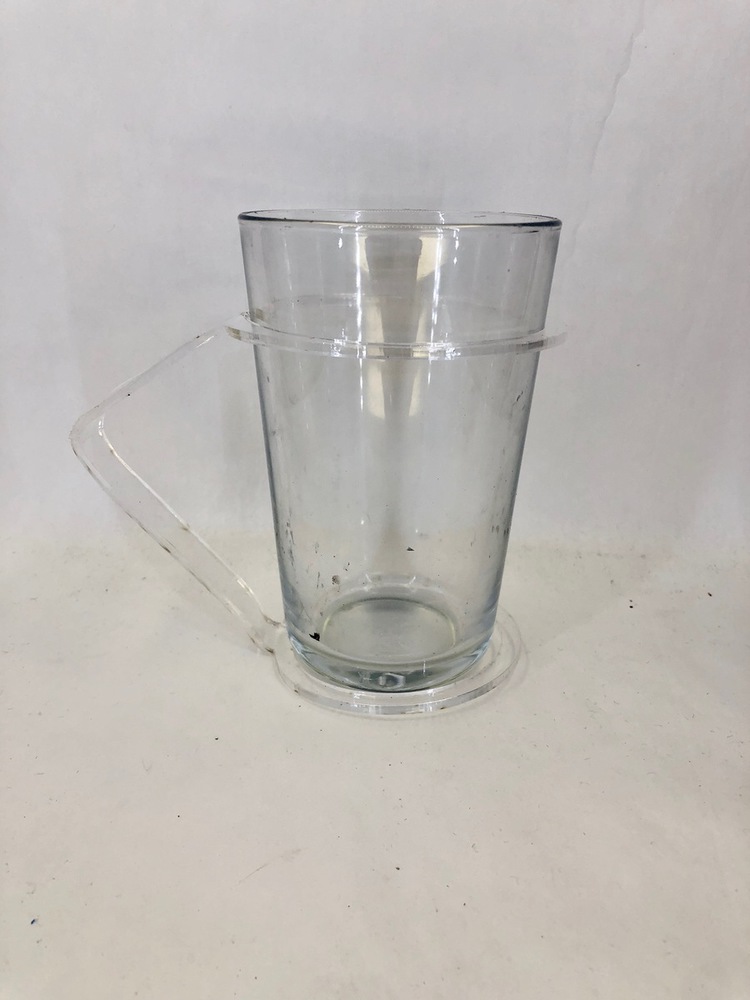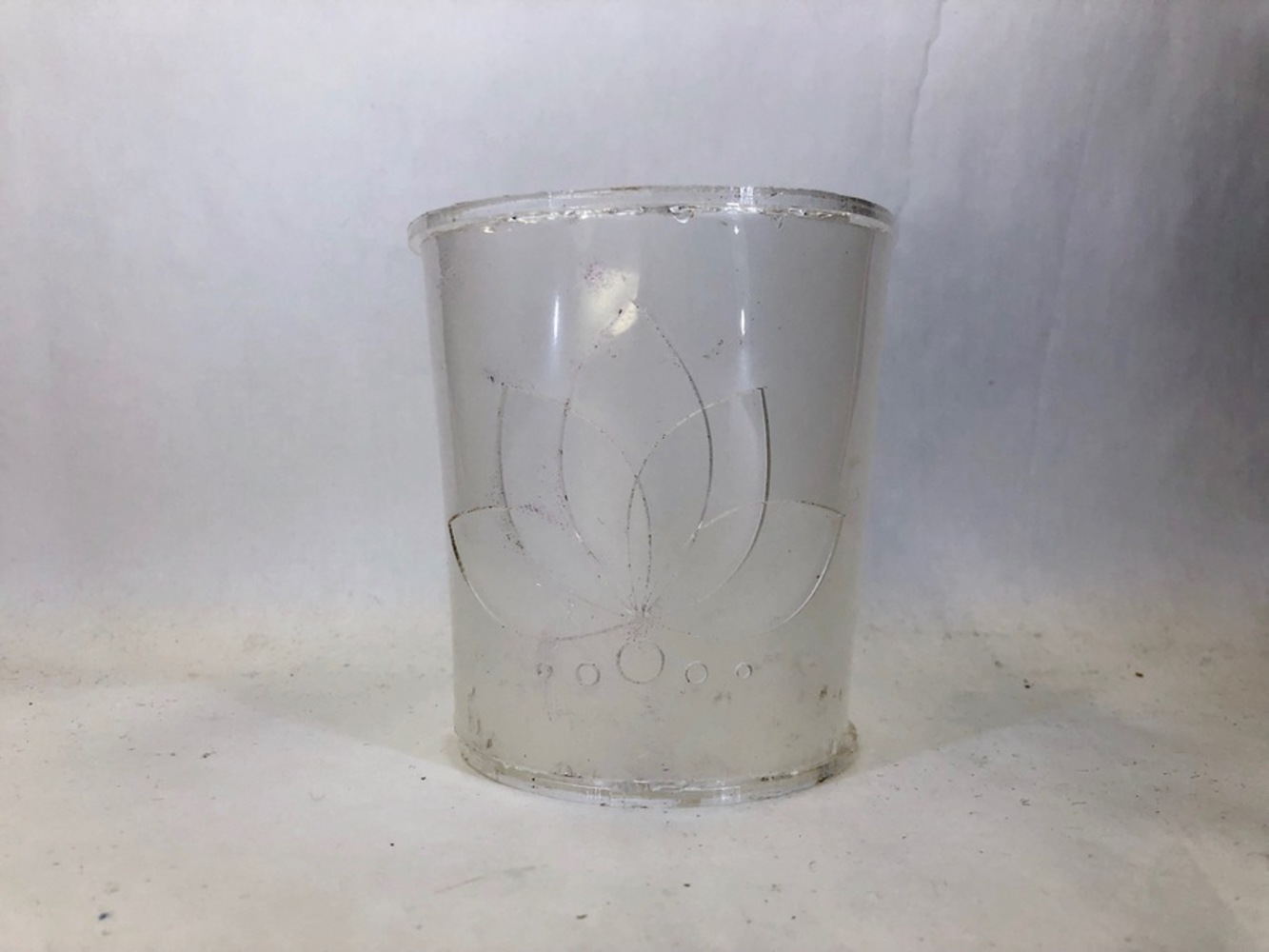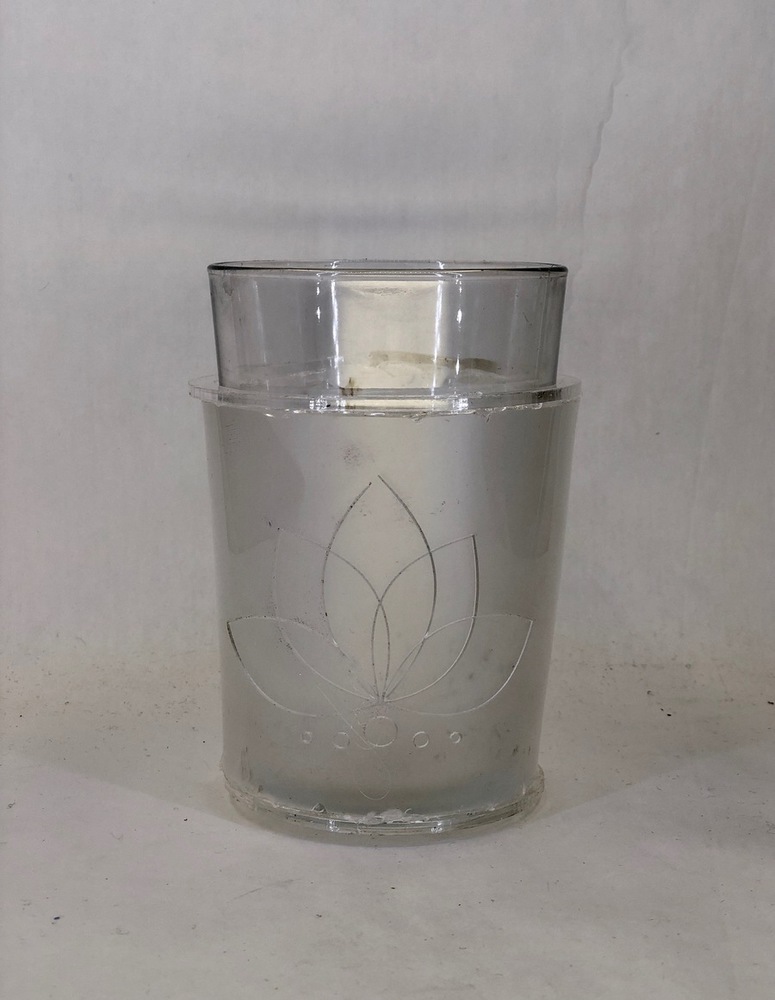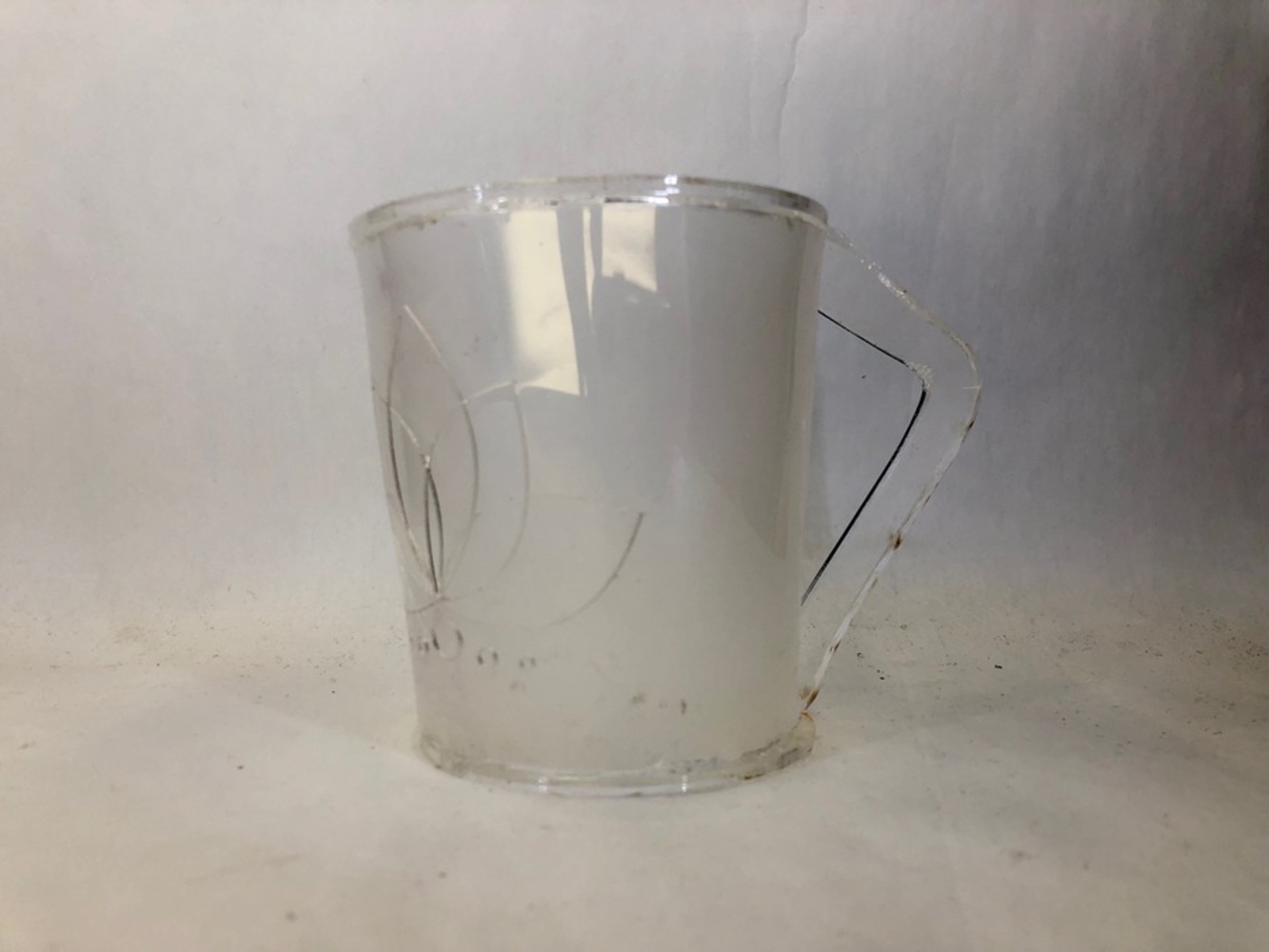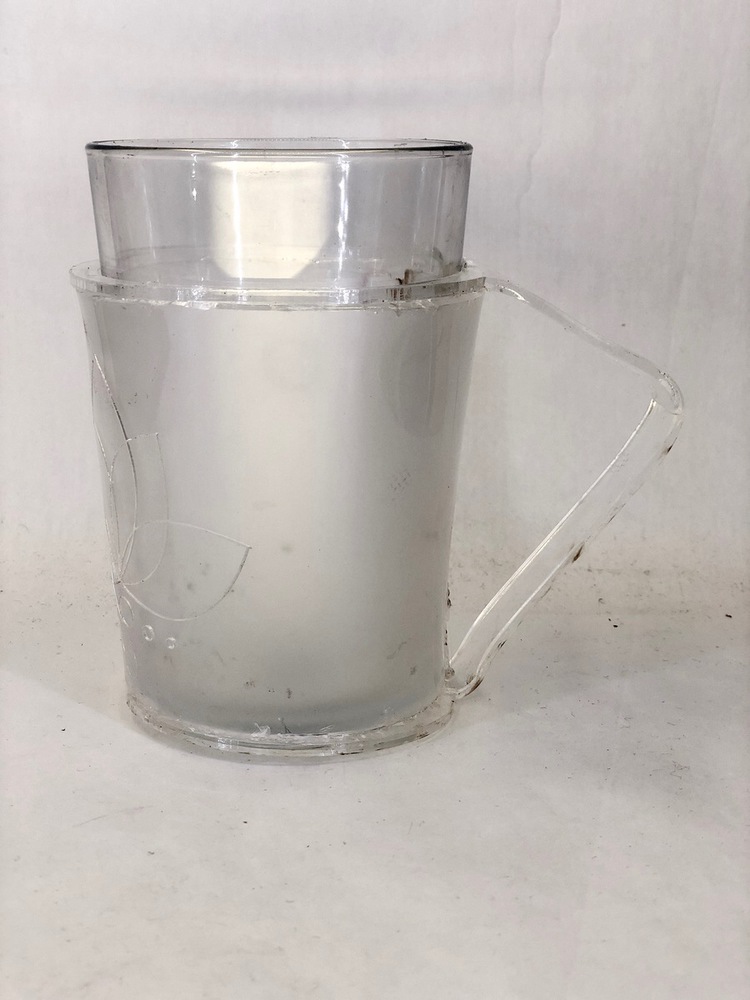Ideation
I began the designing process by exploring what kind of things I could add to a cup to make the experience of drinking tea more enjoyable or convenient. I really enjoy drinking all types of tea – iced tea for those hot summer days, hot tea for those cold winter days to warm you up and help you relax after a long day of school and work, and bubble milk tea for those days to satisfy my sweet tooth cravings.
Since it is currently winter, I decided to focus on improving my hot tea experience. I tend to drink hot tea when I am home working on assignments for classes or simply relaxing watching binge-watching shows on Netflix or Hulu. Because my mind is always preoccupied, I often times forget to drink my tea while it is still hot and will end up with lukewarm tea that is just not as satisfying. So my first idea was to create a lid for the mugs that I use for tea to help prevent the tea from losing its temperature as quickly. I also am a pretty clumsy person as I spill and drop things quite easily, so a lid that could be airtight and keep the liquid inside the mug would be relatively useful for me.
My next idea was to create a cup sleeve with a handle. I share all my dishes with my housemate and she is the type of person to just leave all the dirty dishes in the sink until it piles up so the dishes that I want to use are frequently unavailable. When there are no more clean mugs, I end up using a glass cup to brew my hot tea in. Because glass cups provide no protection from the high temperatures of hot drinks, I have to use the sleeves of whatever I am wearing to cover and protect my hands before I can carry it anywhere. So I wanted to make a cup sleeve that could do that job for me in addition to adding a handle to it to create the "mug" experience.
The idea that I finally ended up choosing was an iteration of the second idea. It has the same functionality but in this idea, the handle would would be designed so that it could help the cup stand on the handle when it is drying after being washed. I am a pretty clean person. Maybe not with my bedroom in terms of clothes lying always lying around on the carpet, but definitely when it comes to my kitchen and the items that come with it. I get easily grossed out when I find unknown substances on what is supposedly supposed to be a clean dish. Most of the time after washing a cup, it dries either standing upwards or downwards. When it is standing upwards, dust easily falls in and I have to wash it or rinse it out before I can use it. When it is standing downwards, the rim of the mug touches the surface and the surface could be dirty. So if it were to stand on the the handle instead, these two problems could be eliminated. It could act like a drying rack for cups, but just for a single cup.
